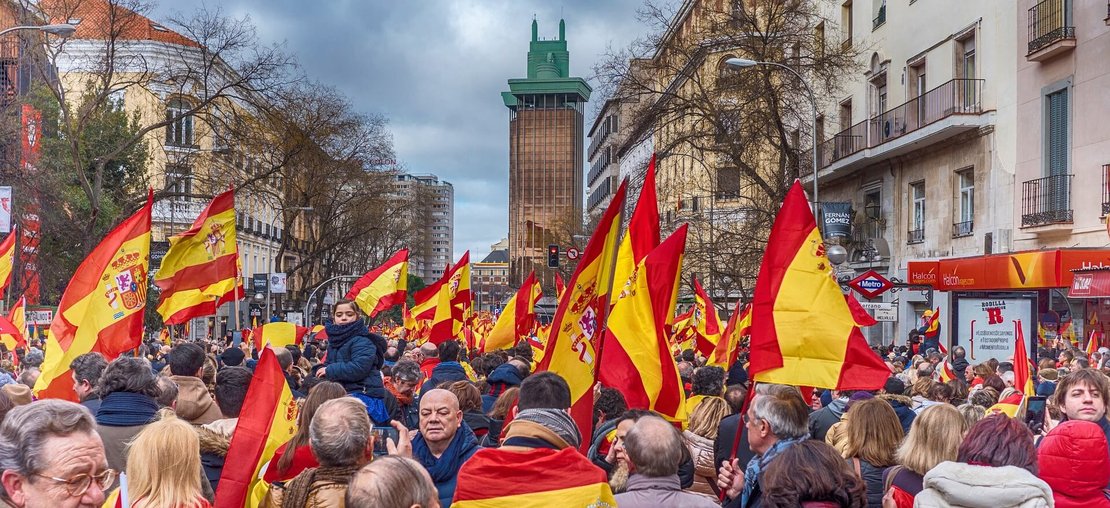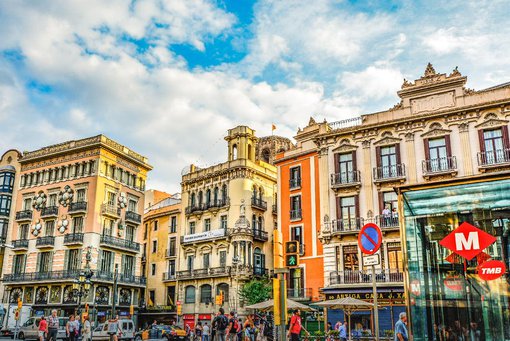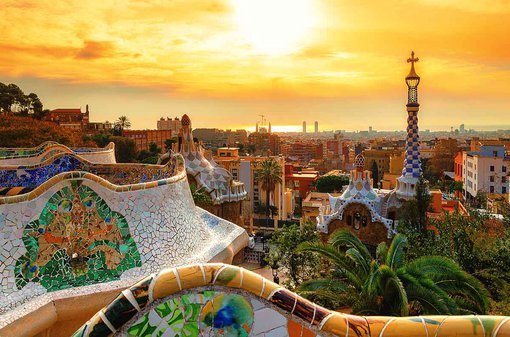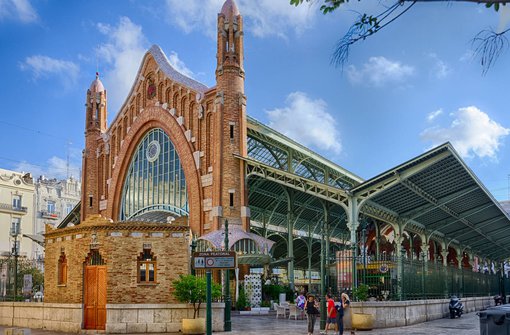What Are Spanish People Like?

Spain has a thriving and friendly culture. The population is passionate, expressive, and affectionate. They put family first and schedule time to spend with them, especially over meals. They take things slowly because they want to appreciate life as much as possible. They are proud of their artistic, historical, and cultural legacy and do not hold back when celebrating customary holidays.
Here are some insights on what Spanish people are like:
Friendly
Compared to most other European cultures, Spaniards tend to be more sociable. You can catch yourself in the middle of a conversation as unexpectedly as hopping on a night bus and talking to a woman about the apartment she's seeking to rent. They will make every effort to assist you if you seek assistance. After having a brief, friendly conversation with them, they might also offer you something for nothing.
You can easily spot a Spanish person in a crowded room because they are extroverted. The tendency to talk to everyone is a characteristic of Spanish. They have no problem interacting with many people, making new friends, or even breaking the ice when they introduce themselves to a gathering of new friends.
Night Owls
Spanish people generally dislike mornings. They prefer to sleep for as long as possible before going to bed really late. Because of this, you will see few people on the streets very early, and shops usually open at 9 or 10 a.m. Following lunch, Siesta is a two-hour break (usually from 2-4 p.m.) for resting.
The streets are quieter in that time, than during other times of the day, and many businesses are closed. Yet in reality, this is less frequent than it might seem because many individuals need help to afford it and must work or attend school at that time.
Religious
In Spanish culture, religion has a significant influence. Several churches can be found in the places you travel to, and they are often beautiful and majestic. Sagrada Familia, the most well-known church in the world, is also located in Spain. Though perhaps fewer young people now identify as religious and fewer people attend church services regularly, religion still significantly influences culture.
Many of the rituals that the Spanish observe, especially around important holidays, have religious roots. Spain has a long and rich religious past. The pilgrims' Santiago de Compostela route covers Spain's northern region. It is highly well-known, and many people partake in it every year, staying in hostels designed specifically for pilgrims.
Hospitable
Spanish hospitality has a long history, and visitors are always welcomed and given food and drink. A prime example is the little town of Frigiliana, located close to Nerja, which has repeatedly been named Spain's most picturesque village. Visitors to the town are given free food and the town's wonderful sweet wine on May 3 as part of the Cruz de Mayo event. Every street has tables set up where locals provide food and wine to any and all visitors.
Communication Style
Compared to what most people are used to, personal space is small in Spain. You should be aware that it is typical in Spain for a Spaniard to be quite close to you when you are chatting. You should keep going because the Spaniard might interpret this incorrectly. The Spanish also use their hands a lot when speaking.
The Spanish are direct but warm and easygoing. Less "Gracias" (Thank you) and "Por favor" (Please) and more "Tu" (You) will be used in place of the formal "Usted" (You). But, that doesn't imply that they are disrespectful. Even when not asked, they enjoy giving their opinion. They frequently use loud voices and have a lot of expression. They often interrupt, either out of excitement or to avoid awkward silences.
Fashionably Late
Being late is fashionable among Spaniards. Although people in Madrid typically arrive at parties fairly late, meeting at 11 PM is acceptable. As is remaining in the club until 4 AM or until the metro resumes service, in order to avoid dealing with really late-night buses.
The Spaniards also have a culture of the late night. Most nights, dinner isn't served until after 10:00 PM. On weekends, you may often see Spaniards chatting the night away after dinner.
They’re Not Big On English
Many younger Spaniards speak some English, not very fluently, as a result of English becoming a required subject in schools. Older generations typically do not. English is also at least somewhat spoken by those involved in the tourism industry. One of the few nations where everything gets dubbed into the native language is Spain. In other words, you'll never hear a TV show or movie in English with Spanish subtitles if it's American or British. It will be dubbed into Spanish instead.
So, there is no assurance that the person you asked for directions will be able to answer your question in good English. The people of larger cities are also more likely to understand more English.
Here’s some basic expressions in Spanish:
- ¡Hola! - Hello
- Buenos días - Good afternoon
- ¿Cómo está? - How are you?
- Gracias - Thank you
- Con permiso - Excuse me
- Por favor - Please
- ¿Habla inglés? - Do you speak English?
Related: What languages are spoken in Spain.


